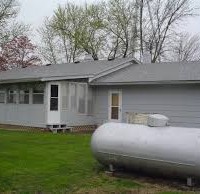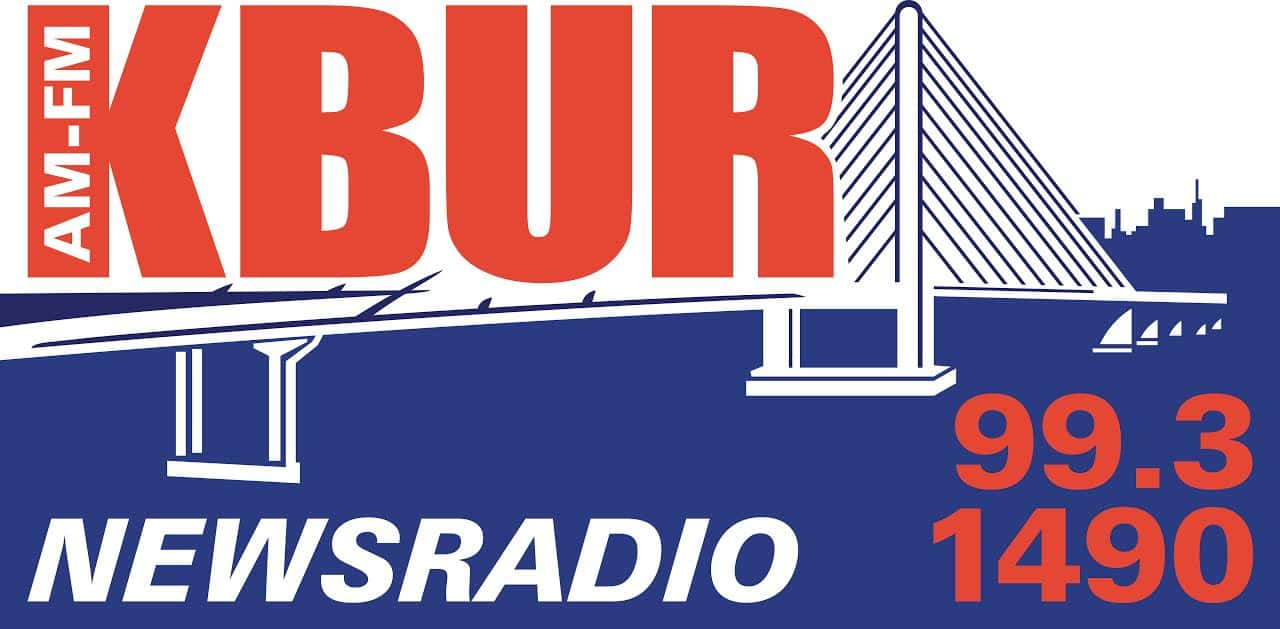
A study was released today by the Iowa Department of Transportation addressing significant concerns resulting from the propane crisis of 2013-2014.
In winter 2013-2014, residential, agriculture, and commercial users of propane in Iowa and other Midwestern states were challenged by a severe propane shortage and sharp price increases driven by increased competition, global markets, and other changes in the propane supply chain and its supporting infrastructure. Adapting and managing through these ongoing changes and the industry’s inherent volatility can be assisted with supply chain changes. This is due to the primary challenge of getting propane to end users where and when it is needed at a reasonable cost.
The State of Iowa took a unique, scientific approach to addressing these challenges by developing a Propane Supply Chain Optimization Strategy. The focus of the effort was to understand the root causes of issues that resulted in the propane shortage. Then, leveraging this knowledge, potential risks and opportunities were objectively analyzed to better manage Iowa’s propane supply chain, in order to:
Be better informed when demand for propane reaches critical levels and Iowa faces potential shortages in the future.
Proactively define viable contingencies to better manage extreme fluctuations and disruptions in propane supply in the future.
In Iowa, a statewide average of 13.3 percent of households rely on propane as a heating source in winter months, with the percentage rising above 45 percent in some counties, where alternative heating sources like natural gas are less accessible. Ensuring Iowa households have reliable heat during the winter months is a safety and economic issue, where instability in the global propane market creates dramatic price fluctuations. The potential economic impact is even greater in the Iowa agriculture community, where propane is a primary energy source for corn drying, heating of livestock buildings, and other uses.
Iowa’s unique approach was to analyze the problem objectively using a Supply Chain Network Optimization methodology. It is a proven discipline, leveraged by large Fortune 500 companies to optimize their complex global supply chains, improve profitability, and increase operational efficiency.
The propane study effort was an extension of Iowa’s Statewide Freight Transportation Network Optimization Strategy which is the first time a state has utilized supply chain techniques for the simultaneous analysis of a large number of different commodities. Partnered with Quetica Consulting, the Iowa DOT used demand-based supply chain design and optimization techniques to effectively identify and prioritize investment opportunities for an optimized freight transportation network to lower costs for Iowa businesses.
The propane study employed these same techniques to evaluate short- and long-term optimization scenarios to better handle fluctuations in propane supply and demand, identify contingencies, and recommend optimization strategies. The analysis focused on ensuring a consistent supply of propane to residential and agricultural users in Iowa, understanding the economic impact of supply chain changes, and working to avoiding emergency declarations for longer delivery truck driver work hours where alternatives exist.
Iowa DOT’s efforts have now shifted to operational execution, working collaboratively with the propane industry and end users, to refine and implement high-priority recommendations resulting from the study. The study’s objective approach provides a reusable framework for the State of Iowa to continually assess supply chain risks and prioritize optimization strategies that will have the highest impact to propane end users and industry participants.
A full report of the study is available at: www.iowadot.gov/systems_planning/freight/projects.html.





